Peace Studies: Innovate for Peace
Teacher(s): Felicity Markdal
Lessons: 4/week
Albert Einstein said, “We cannot solve a problem by using the same kind of thinking we used when we created them”, and this is the approach that we take to Peace in this class.
The thinking that created conflict, might not be the thinking that brings us to a place of Peace and understanding. We will explore examples of successful and unsuccessful peace-making, building and creating and see if we cannot add our own thoughts, ideas and creativity to the mix to bring peace in to being.
The course can be divided in to 6 main areas, as follows:
Theories of Peace: will be a dive into what researchers and academics have thought and written about the phenomenon of peace. We will explore, analyse, critique and maybe even praise the theories of others, and if we are feeling brave or inspired, perhaps we will even come up with theories of our own.
People for Peace: In this section we will look at how we use our bodies to campaign and innovate for peace. We will explore how in Liberia women stripped for Peace, using societies standards and restrictions around bodies to push peace on to the agenda. We will look at non-violent techniques such as the sit-in, lie-in and die-in to see how the presence and indeed absence of human bodies can sometimes draw attention to where it is wanted. The art of the street protest, for example the women’s march, climate marching, and Pride parade will be examined to critically analyse what impact these events have politically and socially.
We will also explore and be inspired by the stories and struggles of people in our world who have fought for, innovated for, written for, played for and done what they could for peace in our world. In short, we explore how the presence of our bodies, the contours of our bodies and the sight of our bodies can innovate for peace.
Protest for Peace: here we will take a deeper dive in to historic and current protests, how they were designed, organized and implemented. We will discover the complexity of nonviolence as a concept, compare this to violence and be open minded to where we stand in this debate. We can use this investigation and evaluation to perhaps design our own protest get involved with other organisation’s work, or maybe just become the anachists of IPC.
Pandemonium: is where we will grapple with the chaos of humanity, exploring the beauty of the creativity and how we can innovate for peace, but also the darkness of inhumanity and how we cause such pain to one another. We will try to process the weird, wonderful and horrifying in what we do as humans, and where the chaos can be used for good.
IPC for Peace: In this last section we will explore a little bit the history of IPC as a Peace institute but more importantly look to the present and the future to see what role IPC can, should and could play in innovating for Peace, both within the walls of the school and throughout the school’s network.
Teaching Methods:
• Powerpoint Presentations
• Class Discussions and Debates
• Short Videos
• Research Projects
• Experiments
Academic Areas Related to:
§ Peace Studies
§ International Politics
§ History
§ Art History
§ Entrepreneurship
§ Innovation and Design
§ Social Studies







